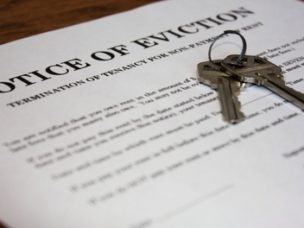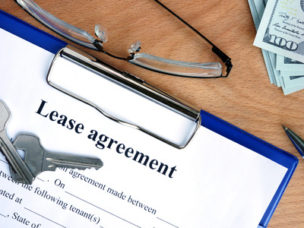Stay in the know
Subscribe to the Real Estate Blog and we’ll send you an email each time something new is posted.
Subscribe to the Real Estate Blog and we’ll send you an email each time something new is posted.
Blogs
Real Estate Blog
Be careful (and wordy) in drafting “Prevailing Party” clauses
It’s an oft-repeated complaint – the sheer cost of litigating a claim, regardless of its merits, makes it difficult or impossible to assert a right or recover damages for breach of a contract – and frequently it is undeniably true. Under the general “American rule”, each party typically pays its own litigation costs and expenses unless the parties have otherwise previously agreed or there is a controlling statute allocating these expenses. One form of such an agreement is a “prevailing party” clause embedded in the contract itself, which entitles the party who prevails in the litigation to recover from the losing party its cost of litigating the matter. These clauses are generally enforceable in commercial real estate contracts. But what exactly do they entitle the “prevailing party” to recover?
A recent Massachusetts federal court decision, Specialty Retailers, Inc. v. Main Street NA Parkade, LLC, et. al., considered a fairly standard “prevailing party” clause contained in a lease, which entitled the prevailing party to recover “reasonable attorneys’ fees and court costs” from the other party to the litigation. After awarding to the successful defendant most of the attorneys’ fees it claimed, the court focused on the $105,000 of costs the defendant sought to recover, of which $100,000 were expert fees relating to the issue of whether the defendant landlord had breached the plaintiff tenant’s exclusive use clause.
The landlord argued that the court should interpret the phrase “court costs” broadly, so as to include expert fees, in light of the parties’ intent through the “prevailing party” clause to indemnify the prevailing party from financial harm incident to successfully asserting a legal right under the lease. The tenant argued that the phrase “court costs” in the lease was unambiguous and did not include expert fees. In ruling that the expert fees were not recoverable under the lease clause before it, the court relied on decisions from a number of other jurisdictions indicating that the phrase “court costs” is limited to costs directly related to interactions with the court (e.g., filing fees) and does not include expert fees. Interestingly, the court cited one decision where the phrase “all court costs” was held to include expert fees simply because of the additional word “all”.
There is a clear lesson for attorneys drafting contracts (real estate-related or otherwise): if a prevailing party clause is to be included, do not rely on shorthand descriptions of the scope of costs and expenses intended to be covered – use language like “any and all costs and expenses incurred with respect to such litigation or other proceeding, including without limitation, reasonable attorneys’ fees, disbursements and costs, and experts’ fees and costs”.
A final observation – although the court did not award expert fees to the prevailing party, the court had no difficulty including in its award of attorneys fees pursuant to the “prevailing party” lease clause the fees charged by the defendant’s attorneys in preparing the expert witness for trial!

